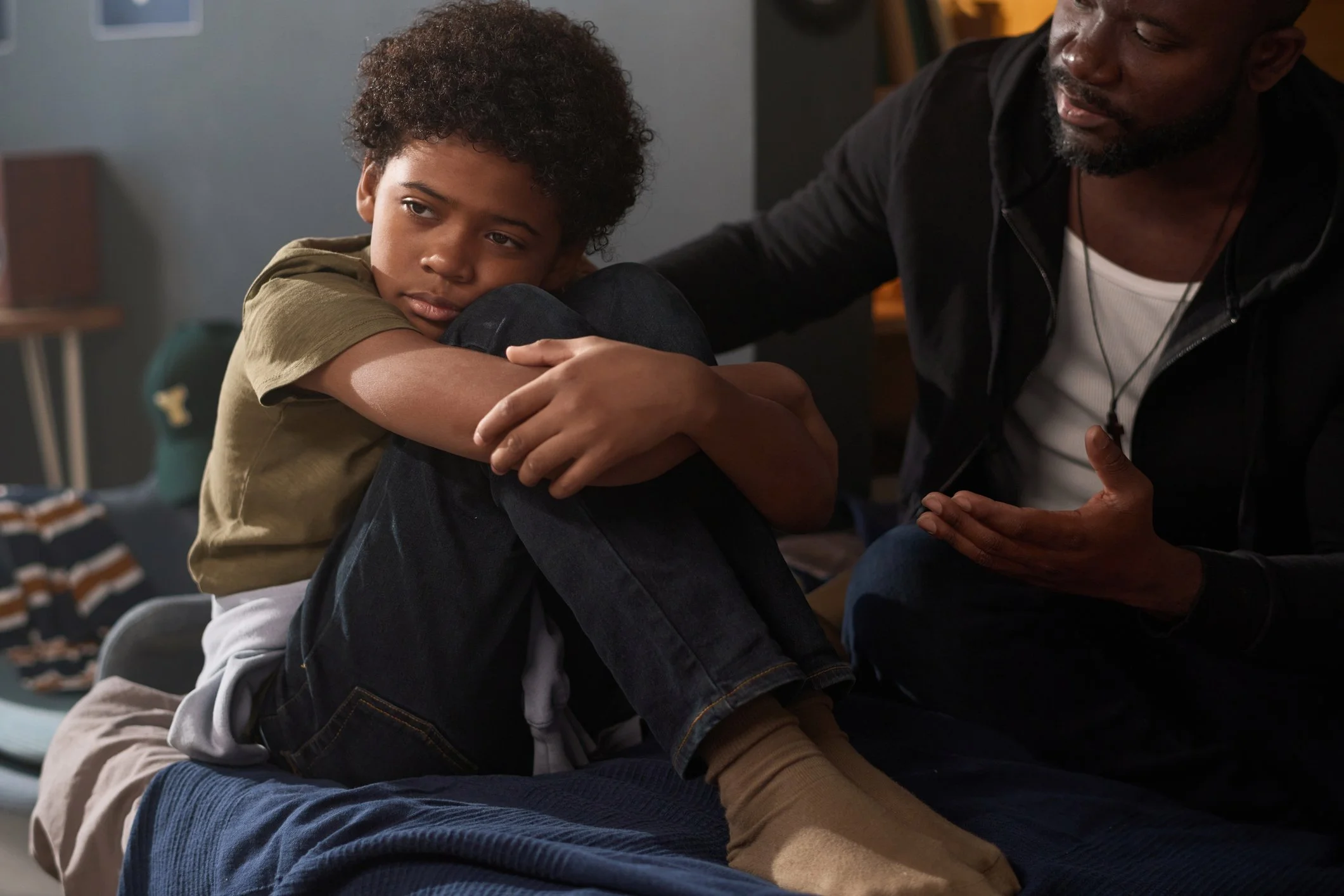
Alleviant Integrated Mental Health Blog
From Coping to Connection: What Kids Really Need Instead of Substances
Kids and teens often turn to substances as a way to cope with stress, anxiety, or feelings of isolation. While adults may see this behavior as rebellion or experimentation, the underlying need is usually something deeper: connection and support.
At Alleviant Integrated Mental Health, we focus on helping children, teens, and families meet these needs in healthy ways that reduce the risk of substance use.
Substance Use and Self-Medication: Understanding What Teens Are Trying to Escape
Teen substance use is often more than a phase or a rebellion—it can be a way for young people to cope with stress, emotional pain, or mental health challenges. Understanding the reasons behind self-medication is critical for parents, educators, and caregivers who want to provide support rather than judgment.
At Alleviant Integrated Mental Health, we emphasize addressing the underlying mental health needs that can lead to risky behaviors.
Why Middle School Is a Critical Time
Between the ages of 11 and 14, children experience significant emotional, social, and cognitive development. This period is often when anxiety, depression, ADHD, and other mental health concerns first appear. Early identification can help prevent struggles from worsening and supports academic, social, and emotional growth.
Substance Use Prevention Starts With Mental Health
Red Ribbon Week is a time to raise awareness about substance use prevention and encourage healthy choices for all ages. While education about drugs and alcohol is important, one of the most effective ways to prevent substance misuse starts with mental health.
At Alleviant Integrated Mental Health, we know that emotional well-being, coping skills, and early support are key to reducing the risk of substance use.
How Educators Can Model Mental Health Without Oversharing
As an educator, you play a huge role in shaping how students think about learning, relationships, and even themselves. What many people don’t realize is that you also shape how they view mental health.
Kids and teens are always watching. They notice how you handle stress. They pick up on your tone when something goes wrong. And when you speak honestly (without going too deep), they learn that it’s okay to talk about emotions and challenges.
How to Start Meaningful Conversations with Your Pre-Teen or Teen on the Way Home from School
As a parent or caregiver, you know how important it is to stay connected with your pre-teen or teen. But getting them to talk about their day can feel like trying to crack a secret code. They may be tired, distracted, or just not in the mood to share. The good news is that the drive home from school offers a quiet, natural space to start a conversation without pressure.
At Alleviant, we understand that mental health isn’t just about managing symptoms. It’s about supporting the whole person, including the connections that matter most. Taking just a few minutes each day to check in with your child builds trust, opens communication, and helps you notice how they’re really doing beneath the surface.
School Year Stress in Children: Warning Signs Parents Miss
Not all struggles look the way you’d expect. Kids are incredibly resilient, but they also feel more than they often say. And during the school year, their emotional world can get a lot heavier.
There’s academic pressure, tricky social situations, bullying, schedule overload, and the struggle to stay organized in a busy environment. Many parents assume their child will speak up if something’s wrong. But often, school-related stress shows up in quiet, hard-to-read ways.
You know your child better than anyone. And still, it’s easy to miss the signs that they’re struggling.
Back-to-School Blues: Supporting Kids Through Seasonal Shifts
For many families, the end of summer brings a mix of emotions. Maybe your child is counting down the days until they see their friends again, or maybe they’re dragging their feet and dreading the first bell. Either way, it’s common for kids to feel a little off as summer winds down and school starts back up.
This seasonal shift can be a lot. Going from long, carefree days to early mornings, busy schedules, and new classroom routines is a big adjustment. Some kids handle it easily. Others feel anxious, irritable, or even sad and don’t know how to talk about it.








